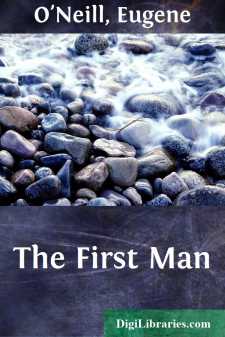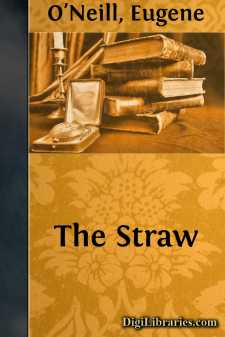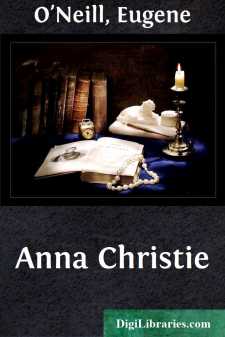Categories
- Antiques & Collectibles 13
- Architecture 36
- Art 48
- Bibles 22
- Biography & Autobiography 813
- Body, Mind & Spirit 142
- Business & Economics 28
- Children's Books 17
- Children's Fiction 14
- Computers 4
- Cooking 94
- Crafts & Hobbies 4
- Drama 346
- Education 46
- Family & Relationships 57
- Fiction 11829
- Games 19
- Gardening 17
- Health & Fitness 34
- History 1377
- House & Home 1
- Humor 147
- Juvenile Fiction 1873
- Juvenile Nonfiction 202
- Language Arts & Disciplines 88
- Law 16
- Literary Collections 686
- Literary Criticism 179
- Mathematics 13
- Medical 41
- Music 40
- Nature 179
- Non-Classifiable 1768
- Performing Arts 7
- Periodicals 1453
- Philosophy 64
- Photography 2
- Poetry 896
- Political Science 203
- Psychology 42
- Reference 154
- Religion 513
- Science 126
- Self-Help 84
- Social Science 81
- Sports & Recreation 34
- Study Aids 3
- Technology & Engineering 59
- Transportation 23
- Travel 463
- True Crime 29
Eugene O'Neill
Eugene O'Neill was an American playwright known for his deeply emotional and realistic dramas, which transformed American theater. He won the Nobel Prize in Literature in 1936 and is considered one of the greatest playwrights in American history. Some of his most famous works include "Long Day's Journey Into Night," "The Iceman Cometh," and "A Moon for the Misbegotten," which often explore themes of human suffering and family dynamics. His innovative use of dialogue and character development had a lasting influence on both American and global theater.
Author's Books:
Sort by:
by:
Eugene O'Neill
ACT I SCENE—Living-room of CURTIS JAYSON'S house in Bridgetown, Conn. A large, comfortable room. On the left, an arm-chair, a big open fireplace, a writing desk with chair in far left corner. On this side there is also a door leading into CURTIS' study. In the rear, center, a double doorway opening on the hall and the entryway. Bookcases are built into the wall on both sides of this...
more...
by:
Eugene O'Neill
Act One Act One: Scene One The kitchen of the Carmody home on the outskirts of a manufacturing town in Connecticut. On the left, forward, the sink. Farther back, two windows looking out on the yard. In the left corner, rear, the icebox. Immediately to the right of it, in the rear wall, a window opening on the side porch. To the right of this, a china cupboard, and a door leading into the hall where the...
more...
by:
Eugene O'Neill
ACT I SCENE—"Johnny-The-Priest's" saloon near South Street, New York City. The stage is divided into two sections, showing a small back room on the right. On the left, forward, of the barroom, a large window looking out on the street. Beyond it, the main entrance—a double swinging door. Farther back, another window. The bar runs from left to right nearly the whole length of the rear...
more...
by:
Eugene O'Neill
SCENE I SCENE—The firemen's forecastle of a transatlantic liner an hour after sailing from New York for the voyage across. Tiers of narrow, steel bunks, three deep, on all sides. An entrance in rear. Benches on the floor before the bunks. The room is crowded with men, shouting, cursing, laughing, singing—a confused, inchoate uproar swelling into a sort of unity, a meaning—the bewildered,...
more...





